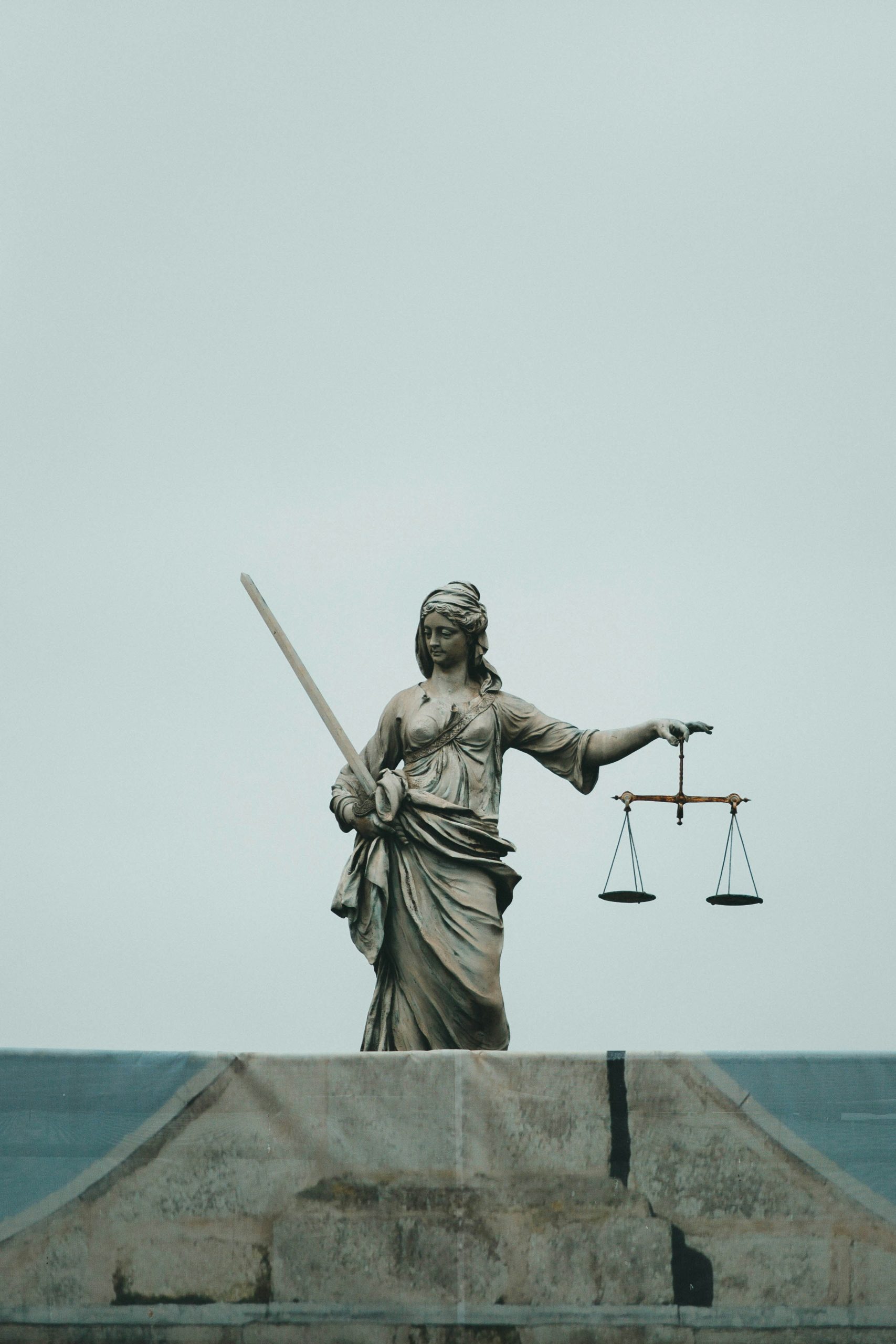
COVID-19 and debt recovery action
April 29, 2020
By Abdulla Ziad Galadari
COVID-19 has brought the world to a standstill and directly impacted every possible sphere of activity. Needless to say, businesses within every sector will be posed with challenges during this period and beyond. Legal risk management, business continuity and debt recovery are what boards will be well advised to consider as an ongoing strategy. This briefing will deal specifically with debt recovery in United Arab Emirates (“UAE”) during the pandemic and key considerations for clients who wish to initiate debt recovery action in these testing times.
In the UAE, the current COVID-19 crisis and resulting lockdown has raised unprecedented challenges for businesses, not least with cashflow. While some organisations continue to operate with employees working from home, for others this is impossible (eg: hotels, malls), and they have been forced to cease operations until Government restrictions are lifted. This in turn has led to a cyclical matrix of payment defaults involving several parties within the transaction. Recovering monies is essential for cash flow in usual circumstances but assumes significance during a pandemic.
Unlike in usual circumstances, when businesses will initiate legal action for recoveries of debt, a pandemic raises certain key issues which needs to be analysed prior to initiating legal action:
1. Initiating legal action for debts prior to Covid-19:
If the debts were due prior to Covid-19, then it is recommended that recovery proceedings are initiated at the earliest. The temporary suspension of court proceedings in the UAE is unlikely to have an impact upon the overall debt recovery strategy as court hearings through video conferencing resumed on April 19, 2020. Prior to initiating proceedings, it is essential to assess the contractual terms and any security which has been put in place, such as, post-dated or undated cheques. Note that a cheque bounce and filing a criminal complaint does not in itself lead to the recovery of monies owed. A civil suit based on the contractual terms will also need to be filed for recovery of monies. Time is of the essence as the cash flow of entities has been substantially impacted and it is likely that many companies may take refuge under the bankruptcy proceedings.
Entities may use Covid-19 as a pretext for not making payments, even for debts which had fallen due before the onset of the pandemic. Needless to say, entities will be defaulting as a direct effect of the pandemic and it is essential to initiate your claim to establish that the debt arose prior to the onset.
For unpaid invoices, we recommend expedited proceedings through court, which are effective and time efficient.
2. Legal action for debts due during or post Covid-19
A more rationale and detailed analysis will be required prior to initiating action for debts which have arisen as direct impact of the pandemic. Each case must be assessed on its own merit including a sectorial analysis as well as taking into account the business relationship between the parties. Some of the key consideration are as follows:
Nature of the business relationship:
for instance, if a distributor in the UAE defaults on payments during the emergency measures for the prevention of Covid-19, should the principal initiate legal action for recovery and/or termination? In fact, there is no one answer to fit individual commercial relationships. The decision should take into consideration the nature and tenure of the business relationship, the contractual performance prior to Covid-19 and the counter party’s capacity to survive and perform post this period.
Renegotiation and settlement:
certain sectors have a greater direct impact on their business operations, such as, hotels and hotel apartments. Typically, this is the peak season for hotels who generally have an average occupancy of between 70-80%, this has understandably hit a downward slump with average occupancy being 10-20%. In such cases operators may be unable to generate the income required to pay the minimum guaranteed return to the owner. At the same time if there is a rental pool agreement in place, the owner may default on its obligations to pay the individual unit holders. Entities involved in such a scenario may end up in a quagmire of litigations with no obvious solution. In such circumstances, it is incumbent to keep communications clear and transparent with full disclosure as regards the direct impact of Covid-19 and willingness to renegotiate contractual terms in the context of the new reality. A possibility of a bounce back and potential increase in returns need to be factored in to make a medium to long term decision.
Initiate debt recovery action:
in cases where the debtor’s financial standing is unsound and there is a high possibility of the operations ceasing permanently, non-action is not an option. It is recommended that creditors initiate debt recovery action as previously detailed.
At Galadari Advocates & Legal Consultants we have a team of advocates and lawyers who routinely provide advice and assist clients with their overall debt recovery strategy.

